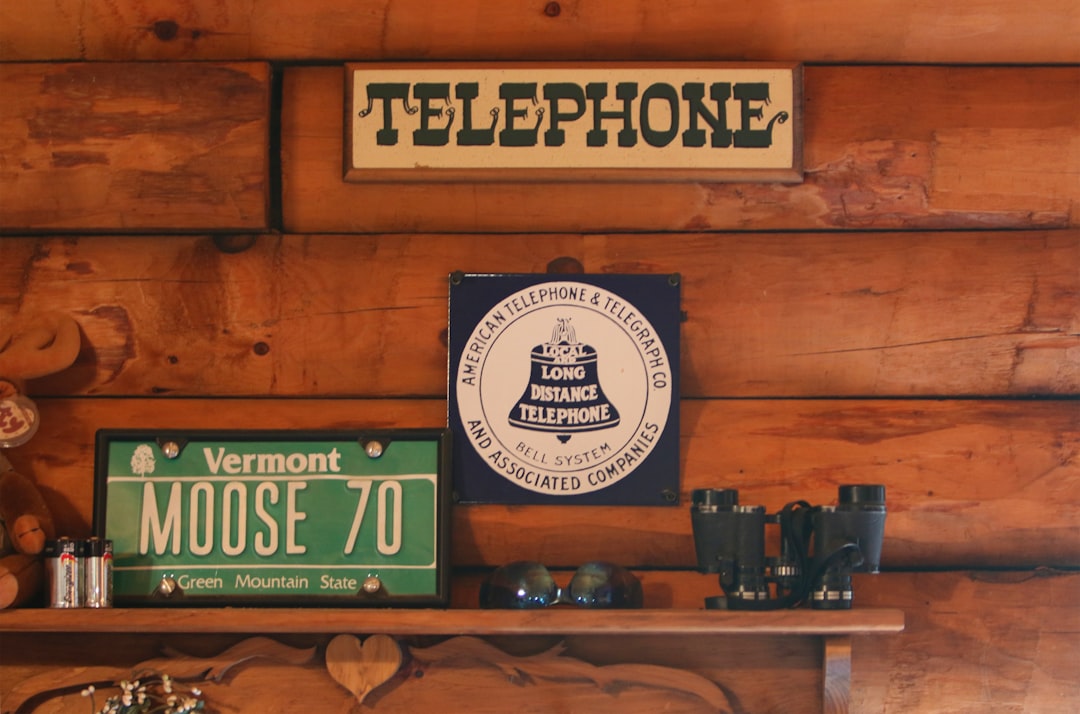In Utah, robocall laws protect residents from automated, unwanted, or deceptive phone calls, with regulations governing businesses' use of automatic dialing systems. To fight back against robocalls, gather robust evidence like recordings and call details. If considering legal action, consult a lawyer for robocall Utah to understand your rights under the Telephone Consumer Protection Act (TCPA), file a claim, and navigate the legal process with expert guidance.
Tired of unwanted robocalls? You’re not alone. In Utah, these automated calls can be illegal under the Telephone Consumer Protection Act (TCPA). If you’ve been harmed by a robocaller, our guide offers a clear roadmap to filing a lawsuit in Utah. We’ll walk you through understanding local laws, gathering crucial evidence, and taking legal action with help from a qualified lawyer for robocall Utah. Discover your rights and reclaim your peace of mind.
Understanding Robocall Laws and Regulations in Utah

In Utah, robocall laws are designed to protect residents from unwanted and deceptive automated phone calls. The state has specific regulations in place that govern when and how businesses can use automated dialing systems. Understanding these laws is crucial for anyone considering filing a lawsuit against a company that has made annoying or fraudulent robocalls. A lawyer for robocall Utah can provide expert guidance on navigating these complex legal issues.
If you’ve received a robocall, it’s important to know your rights under Utah law. The state allows residents to take action if they believe a company has violated the Telephone Consumer Protection Act (TCPA). This federal legislation restricts certain practices related to automated calls, including requirements for prior express consent before dialing. A lawyer specializing in robocall lawsuits in Utah can help determine if you have a valid case and guide you through the steps of filing a claim.
Gathering Evidence and Documentation for Your Case

When building your case against a robocaller, gathering robust evidence is paramount. Start by collecting any messages you received, including recordings or screenshots, as these can serve as crucial pieces of evidence in court. Note down important details like call times, numbers, and any identifying information about the caller. Many phones have built-in tools to help record and save such data.
Additionally, seek out other forms of documentation that could support your case. This includes contracts or agreements you may have signed up for, consent forms, or records of any financial transactions related to the calls. Consulting with a lawyer for robocall Utah can be immensely helpful here—they can guide you on what constitutes admissible evidence and ensure your case is strong from the start.
Filing the Lawsuit: A Step-by-Step Process with a Lawyer for Robocall Utah

Filing a lawsuit against a company that has been making unwanted robocalls is a multi-step process, and having a lawyer by your side can make all the difference. Here’s how to proceed when considering legal action in Utah:
1. Consultation: Begin by meeting with an experienced lawyer for robocall Utah. During this initial consultation, explain your situation, providing details about the calls, including dates, times, and the content of the messages. The lawyer will assess your case, discuss legal options, and help you understand your rights under Utah’s consumer protection laws.
2. Gather Evidence: Collect all relevant information that supports your claim. This may include call logs, recordings of the robocalls, any communication with the company, and even records of any financial harm or distress caused by the calls. Your lawyer will guide you on how to properly document and present this evidence.
3. Drafting Legal Documents: With the assistance of your lawyer, you’ll prepare and file a lawsuit against the responsible party. This involves crafting a complaint that outlines your claims, including violations of Utah’s Telephone Consumer Protection Act (TCPA). The lawyer will ensure these documents are accurately completed and filed with the appropriate court in Utah.
4. Service of Process: Once the lawsuit is filed, your lawyer will initiate the service of process, which means delivering legal notices to the defendant(s). This step ensures they are officially notified of the lawsuit and gives them an opportunity to respond.






